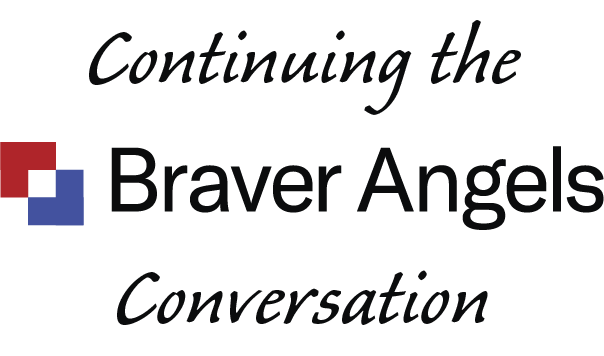Interesting book, reviewed by NPR:
When you log on to Facebook, Twitter or YouTube, you think that what you are seeing is a neutral reflection of your community, and what [your community] is talking about. When you interact with it, you think that you are getting feedback from your peers, from other people online. But in fact, what you were seeing, and what you were experiencing, are choices made by these incredibly sophisticated automated systems that are designed to figure out exactly what combination of posts, what way to sequence those posts, how to present them to you will most engage certain very specific cognitive triggers and cognitive weak points that are meant to get certain emotions going. They are meant to trigger certain impulses and instincts that will make you feel really compelled to come back to the platform to spend a lot of time on it.
From The Chaos Machine by Max Fisher
Interview and podcast:
https://www.npr.org/2022/09/09/1121295499/facebook-twitter-youtube-instagram-tiktok-social-media

